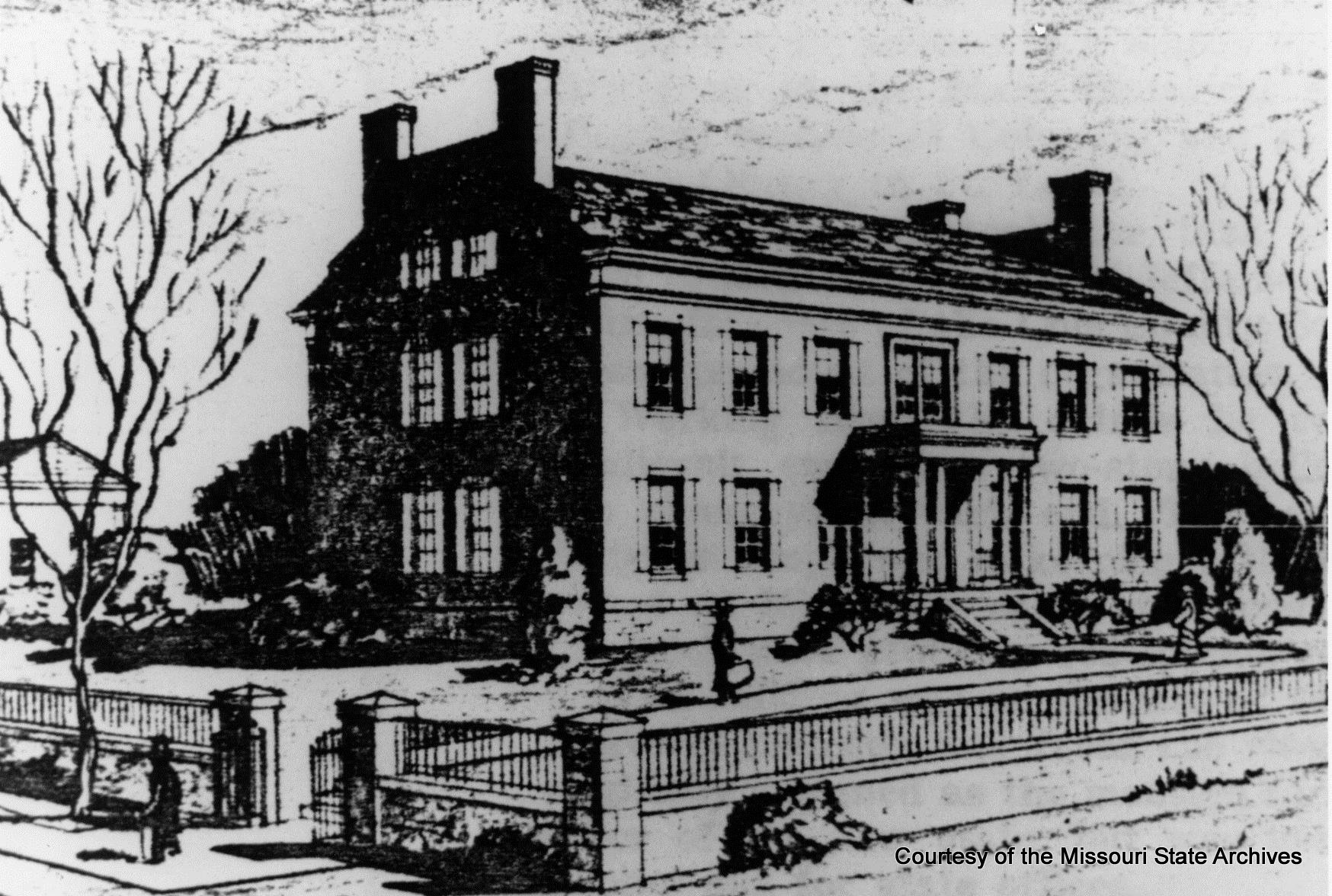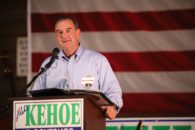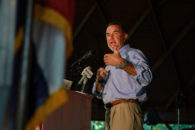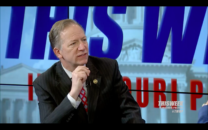As Missouri prepares to celebrate the bicentennial of its entry as the 24th state in the U.S. in 2021, another important anniversary for the Show-Me State comes this year: Missouri’s first statewide election was held on Aug. 28, 1820.
Before it officially reached statehood, Missouri was already on its way to establishing a government. The territory first applied for statehood in 1817 and was given the authority to draft a constitution as part of the Missouri Compromise. The first of four state constitutions was ratified on July 19, 1820, outlining the state’s structure and system of government and allowing it to proceed with an election.
Missourians voted for the governor, lieutenant governor, one congressman, county officers, the president, and the first members of the Missouri House and Senate on Aug. 28.
William Clark, known for being a co-leader at the helm of the Corps of Discovery Expedition that explored the newly acquired Lousiana Territory in the early 1800s, had served as governor of the Missouri Territory since 1813. He would face St. Louis frontiersman Alexander McNair in the gubernatorial election.
Jeffrey E. Smith, a trustee of the Missouri Historical Society, said in his 2008 article “Missouri’s Era of Not-So-Good Feelings” that Clark hadn’t taken a hard enough line for the expanding population of the territory.
“Clark had done all he could, he thought, to balance the land rights of all the parties — the federal government, Native American tribes, and individual settlers … Oddly enough, his efforts at reaching an arrangement fair to all sides satisfied none,” Smith said.
Clark himself wrote a letter to Missourians encouraging them to pass on the mantle in the forthcoming election.
McNair beat Clark in the election by a wide margin, overtaking the famed explorer by nearly 4,000 ballots, or 72 percent of the vote. McNair served as governor for one term before moving on to work in Native American relations until his death in 1826.
Clark continued to serve with the U.S. government until his death in 1838.
William Henry Ashley, a hunter and former militia officer from St. Louis, was elected lieutenant governor over Nathaniel Cook by less than 700 votes. Ashley ran for governor in the 1824 election but was defeated.
Missouri’s first congressman was John Scott, an attorney from Ste. Genevieve. Scott had previously served as a delegate to Congress in 1816 but was ousted due to Missouri’s status as a territory at the time. He continued to serve in that position until 1826.
The first Missouri General Assembly, which would go on to meet in September of the same year in St. Louis, was selected during this election. As per the state constitution, 43 representatives and 14 senators were elected to the legislature. The new positions were popular, with almost 40 candidates in the running to represent Howard County and 19 to represent St. Louis. Seven of those elected were members of the Constitutional Convention earlier that year.
President James Monroe, the incumbent, won the 1820 election. Monroe ran without any competition from the Federalist Party, the last time in U.S. presidential elections that a ticket ran without party opposition.
Given Missouri’s status as a state-in-the-making, the issue of whether to count its electoral votes raised an issue with Congress as the Senate was still considering the Missouri Compromise at the time. A bill passed through Congress dictating that Missouri’s votes would only count if they would tip the scales of the election one way or the other. As every American delegate — besides one in Delaware — voted in Monore’s favor, Missouri’s three votes for the incumbent president did not count.
Missouri was admitted as the 24th state on Aug. 10 of the following year.

Cameron Gerber studied journalism at Lincoln University. Prior to Lincoln, he earned an associate’s degree from State Fair Community College. Cameron is a native of Eldon, Missouri.
Contact Cameron at cameron@themissouritimes.com.



























